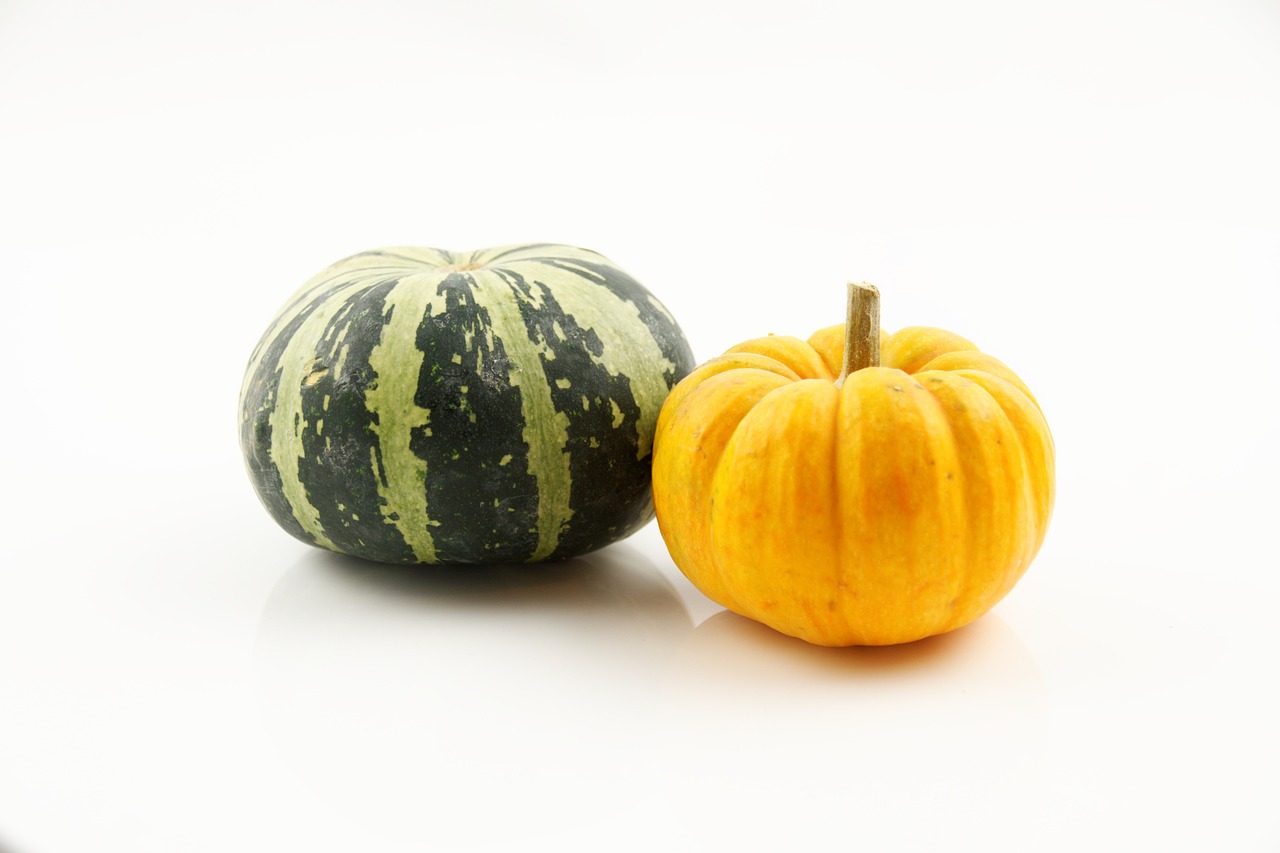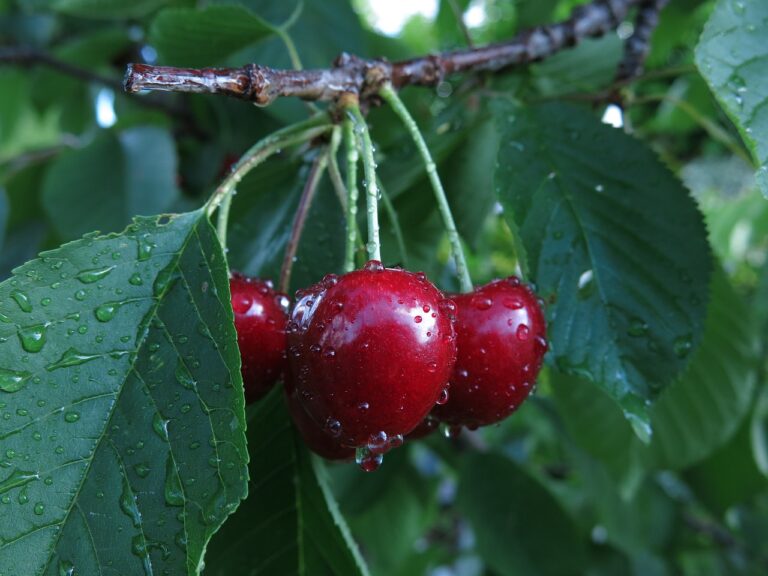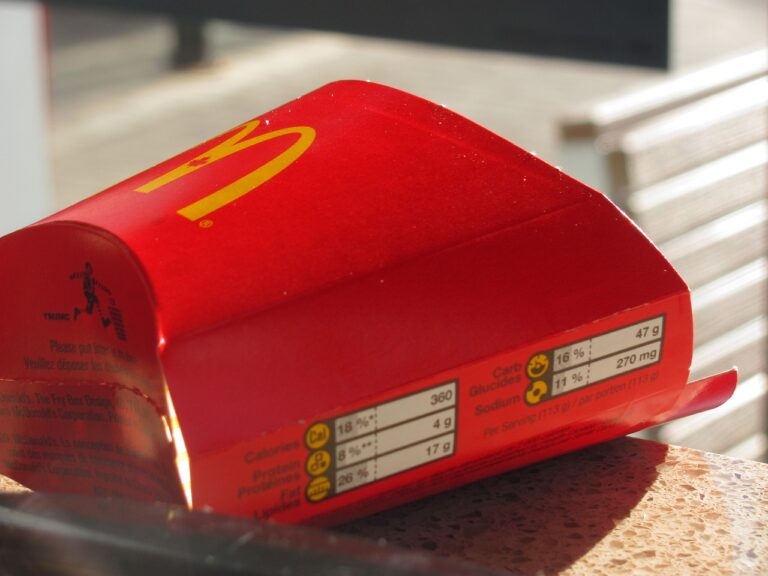The Psychology of Pricing in the Juice Market: Perceived Value: Allpaanel com mahadev book, Playexchange99, Gold365 login
allpaanel com mahadev book, playexchange99, gold365 login: The psychology of pricing in the juice market is a fascinating topic that delves into how consumers perceive the value of the products they are purchasing. Pricing strategies can have a significant impact on consumer behavior, influencing their purchasing decisions and shaping their overall perception of a brand. In this article, we will explore the concept of perceived value in the juice market and how pricing strategies can be used to enhance it.
Understanding Perceived Value
Perceived value is the subjective evaluation that consumers make about the benefits they receive from a product or service in relation to its cost. In the juice market, perceived value plays a crucial role in determining how consumers perceive the quality and worth of different juice products.
Consumers often use price as a cue to infer the quality of a product. Higher prices are often associated with higher quality, while lower prices may be perceived as indicative of lower quality. This psychological phenomenon, known as price-quality inference, can influence consumer preferences and purchasing decisions.
Pricing Strategies in the Juice Market
There are several pricing strategies that juice companies can use to influence consumers’ perceived value of their products. Some common strategies include:
1. Premium Pricing: This strategy involves pricing products above the average market price to convey a sense of exclusivity and luxury. Premium pricing can create a perception of high quality and value, attracting consumers who are willing to pay more for a superior product.
2. Value-Based Pricing: Value-based pricing involves setting prices based on the perceived value of the product to the consumer. By highlighting the benefits and features of their juice products, companies can justify higher prices and enhance perceived value.
3. Penetration Pricing: Penetration pricing involves setting prices below the market average to attract price-sensitive consumers and gain market share. While this strategy may result in lower profit margins initially, it can help juice companies establish a customer base and build brand loyalty over time.
4. Psychological Pricing: Psychological pricing tactics, such as price anchoring, charm pricing, and decoy pricing, can influence consumers’ decision-making processes and enhance perceived value. For example, setting a product at $9.99 instead of $10 can make it seem more affordable and attractive to consumers.
5. Bundle Pricing: Bundle pricing involves offering multiple products or services together at a discounted rate. This strategy can create a sense of value and convenience for consumers, encouraging them to purchase more products from the same brand.
6. Dynamic Pricing: Dynamic pricing involves adjusting prices based on changing market conditions, demand factors, and competitor pricing. By leveraging real-time data and analytics, juice companies can optimize their pricing strategies to maximize profitability and perceived value.
Impact of Perceived Value on Consumer Behavior
Perceived value plays a critical role in shaping consumer behavior in the juice market. Consumers are more likely to purchase products that they perceive as offering high value for the price. By strategically leveraging pricing strategies to enhance perceived value, juice companies can attract and retain customers, increase sales, and build brand loyalty.
FAQs
Q: How can juice companies determine the optimal pricing strategy for their products?
A: Juice companies can conduct market research, analyze competitor pricing, and test different pricing strategies to determine the optimal approach for their products. It is essential to consider factors such as target market preferences, product positioning, and brand image when developing pricing strategies.
Q: How important is perceived value in the juice market?
A: Perceived value is incredibly important in the juice market as it influences consumer behavior, purchasing decisions, and brand loyalty. By enhancing perceived value through effective pricing strategies, juice companies can differentiate themselves from competitors and attract more customers.
Q: What are some common pricing tactics used by juice companies?
A: Some common pricing tactics used by juice companies include premium pricing, value-based pricing, penetration pricing, psychological pricing, bundle pricing, and dynamic pricing. These tactics can help companies optimize their pricing strategies and maximize perceived value.
In conclusion, the psychology of pricing in the juice market is a complex and nuanced concept that can significantly impact consumer behavior and brand perception. By understanding the role of perceived value and leveraging effective pricing strategies, juice companies can enhance their competitiveness, attract more customers, and drive sales growth.







